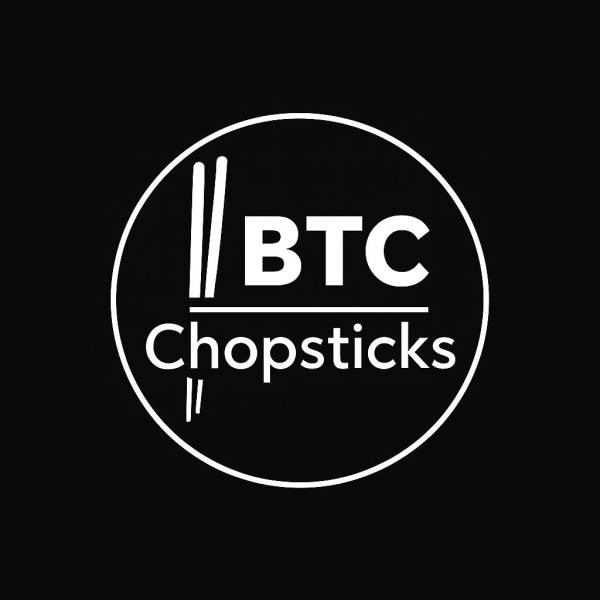A Major Update and Change Has Arrived for an Important Altcoin – Vitalik Buterin Also Made a Statement
 2025/06/29 10:16
2025/06/29 10:16Lido, Ethereum’s largest liquid staking protocol, is making a major overhaul to its governance structure. Lido DAO members have largely unanimously approved a two-way governance system that gives stakers (stETH holders) the power to delay or veto governance proposals.
The new system brings a balance to the current governance model, where only Lido token holders (LDO) can submit proposals and participate in voting. The aim is to prevent LDO holders from approving a proposal that would negatively impact Lido’s stakers or the Ethereum ecosystem.
According to the new structure, stakers, namely stETH token holders, will be able to register their objections to a governance proposal by depositing their stETH assets into a special “escrow contract.” If 1% of the total staked ETH is deposited into this contract, the relevant proposal will be postponed for 5 days in the first stage. As this rate increases, the postponement period will also be extended.
If a 10% threshold is exceeded, the offer will be completely “frozen” and the protocol will enter “Rage-Quit” mode. In this case, either the dissenting stakers will withdraw all their assets, or Lido DAO will completely cancel the relevant offer. During this period, no new offers will be implemented.
The main phase of the vote was completed with 53.6 million LDOs casting a “Yes” vote, just above the quorum of 50 million LDOs. Only a single person cast a “No” vote of 1.18 LDOs. These results indicate a similar turnout to previous Lido DAO votes.
In the remaining “objection” phase of the voting process, only LDO holders have the right to vote “No” or change their current vote from “Yes” to “No.” Unless there is a large-scale organized counter-campaign at this stage, the proposal is expected to be finalized on June 30 at 17:00 (GMT+3).
Ethereum co-founder Vitalik Buterin made a statement supporting two-way governance. Buterin emphasized that this structure creates an independent security layer “especially against malicious actions” and allows Ethereum stakers to position themselves as true rights holders in the Lido ecosystem.
The Lido team described the change as “one of the most significant protocol upgrades in the entire Lido ecosystem.”
Disclaimer: The content of this article solely reflects the author's opinion and does not represent the platform in any capacity. This article is not intended to serve as a reference for making investment decisions.
You may also like
Trump vs JPMorgan: The Ultimate Showdown Between Two Dollar Monetary Orders and the New Era of Bitcoin

ETH traders ramp up positioning, setting a price target at $3.4K

BTC price pauses at $92K: Can Bitcoin avoid another crash?

Crypto bull market signal: ERC-20 stablecoin supply preserves $185B record
